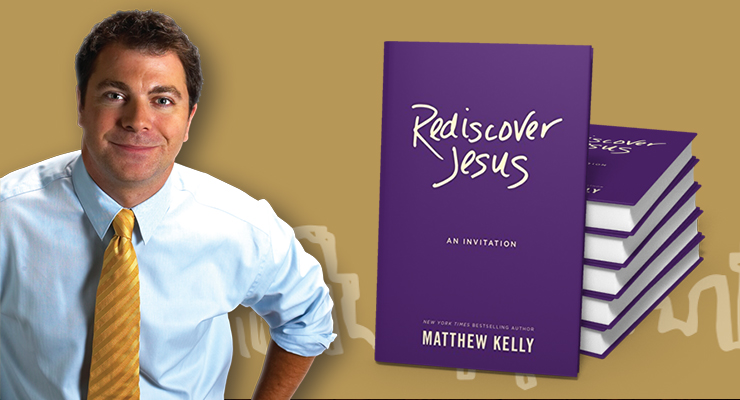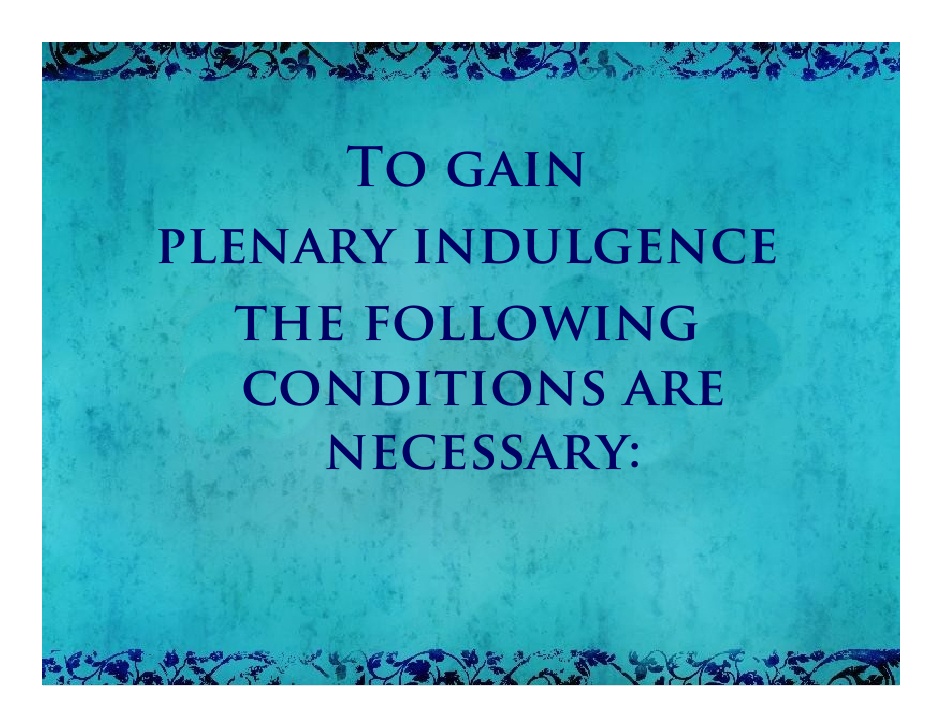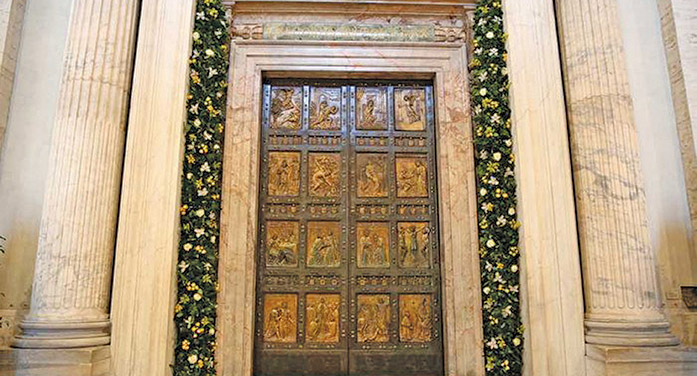
We are getting deep into Lent and it is a good time to reflect on how we are doing since ashes were put on our foreheads. Luke’s Gospel (16: 19-31) about the rich man and Lazarus puts things in perspective. Has anything changed other than good intentions and the passage of time?
The reality set out in Luke’s Gospel might make us apprehensive. In his book, Rediscovering Jesus (page 67) Matthew Kelly writes, “Like the rich man, I enjoy many of the good things life has to offer. The poor may not be sitting on my doorstep, but they are not far from it. Jesus clearly speaks about an afterlife and a place where most of us probably have no interest spending time thinking about. But Jesus makes a stark connection between the way we live our lives here on earth and where we end up in the afterlife.”

Speaking of thoughts, how many of us have thought about gaining a “Plenary Indulgence?” Some might ask, “What’s the point? Doesn’t this have something to do with purgatory? I don’t even understand purgatory.” This goes to the heart of any reflection on “the point” of Lent. As Christians, shouldn’t our thoughts be trying to get to heaven, being afraid of our sins and even whether we have confessed them properly (or at all). With these things in mind, what is an important gift that you would like to receive during Lent? How about a childlike, humble trust in God where we say, “Lord, I know I am a sinner. But with all my heart, my deepest wish is that you would please grant me a new start in our relationship. Please take away, not only my sins, but also the possibility of purgatory and take me straight to heaven when my time comes.” God wants to hear such words and see your faith and humility. And so, at your disposal, God places “a treasure chest” (.. actually called the “Treasury of the Church” - Catechism #1476-1477) of total forgiveness of sin and the satisfaction of the penance (punishment) due to sin through the merits of the Cross of Jesus Christ. If you gain a Plenary Indulgence and have remained in the state of grace when you pass on, you will get your wish and go straight to heaven. Forget purgatory! Forget your sinfulness! Forget punishment! Wouldn’t the rich man of the Gospel have been happy with a Plenary Indulgence?

How does one gain a “Plenary Indulgence?” A person must be in the state of grace (a Catholic in good standing), when the work of the Plenary Indulgence is completed. A person must go to the Sacraments of Reconciliation and the Eucharist and within some reasonable period of time (say 20 days on either side of the “prayer” or “act” needed for the Plenary Indulgence) say prayers or perform certain acts required for the Plenary Indulgence. One must also pray for the intentions of the Pope and offer an Our Father and Hail Mary for those Papal intentions. Examples of “prayer” are praying the Rosary, the Stations of the Cross in a Church. Examples of “acts” are visiting a Parish Church on its feast day or devoutly kissing the Cross on Good Friday. A Plenary Indulgence was recently granted for the faithful who attended the World Meeting of Families as pilgrims or attended the Papal Mass while the Pope was in Philadelphia.

During this Year of Mercy, a Plenary Indulgence is attached to prayerfully passing through a Holy Door of Mercy and saying the prayers and doing the works for a Plenary Indulgence discussed above. Going through one of these Holy Doors signifies passing from this life to the next, moving from sin to life in Christ. So it is not just the action of walking through a Holy Door, but it is changing our disposition to our sinfulness. The Holy Doors are located at various places in Philadelphia: the Cathedral, the Miraculous Medal Shrine, the Shrines of St. Rita of Cascia, of St. John Neumann, and the Shrines of Our lady of Czestochowa, in Doylestown, and St. Katharine Drexel in Bensalem. On Mercy Sunday, the Sunday after Easter, one can gain a Plenary Indulgence at St. Monica by attending the Mercy Mass and service and going to the Sacraments of Reconciliation and Eucharist.
By Deacon Bill Masapollo
Dear Father Zlock and Deacon Bill,
This entry on plenary indulgences was very important to write, MANY of our Catholic friends, family, and fellow parishioners do NOT understand indulgences. They even think indulgences are from “the past”. Hopefully, many read this article. I always need reminders too!!!